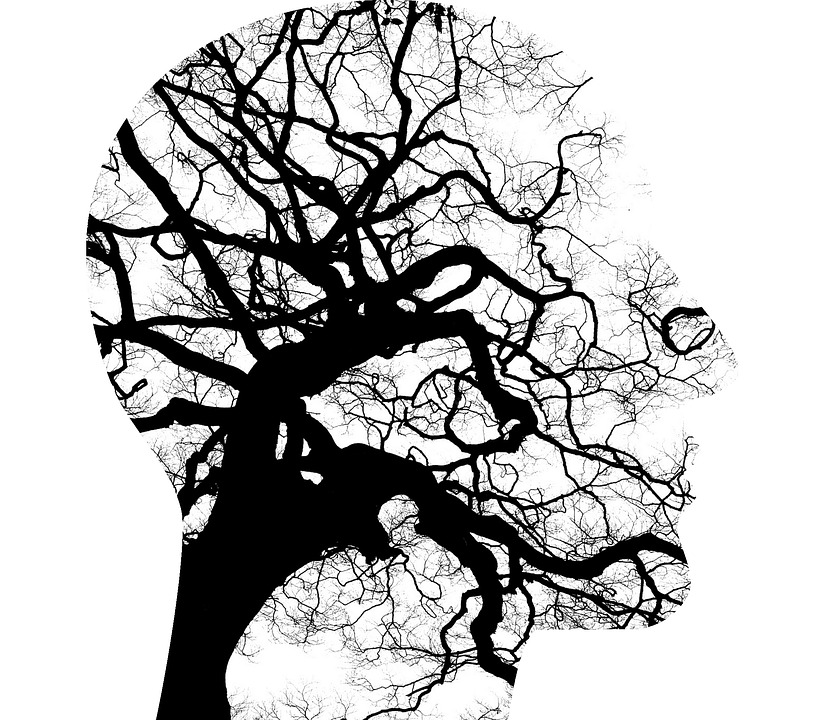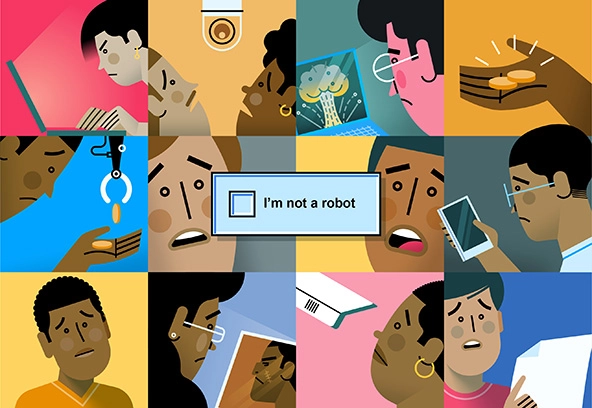How Covid Lockdowns Affected Mental Health
The worldwide lockdowns have caused serious mental health issues for children, teens, and adults alike. Across the globe, the isolation caused by the lockdowns is most commonly creating new or worsened symptoms of depression and/or anxiety.
The University of Cambridge conducted a study of children ages 8 to 12. 168 children were assessed by a team at the Medical Research Council (MRC) Cognition and Brain Sciences Unit. The assessments were self-reports, guardian-reports, and teacher-reports.
Dr. Duncan Astle from the MRC unit reports,“If you randomly selected a child from the sample there is a 70% chance that their depression symptoms were worse during lockdown than before the pandemic.”
The severity of the depression differed through each child, independent to each gender, age, and family socioeconomic status.
The kids are suffering due to the isolation when most childhoods consist of social interactions. Traditionally, kids are playing on playgrounds, having playdates and seeing friends in school, so the absence of these activities can have negative effects on them. It makes one wonder, what the developmental future for preschoolers and kindergarteners will look like years from now.
According to raising.children.net.au, “By four years, most children will be able to tell the difference between ‘my friend’ and other children they know.”
What will happen to the children that are unable to develop this key component to life because they have not been able to be around groups of people and make friends? It’s more than likely that most of these children will develop a form of separation anxiety. Many young children have been confined to the inside of their homes with their families for the past nine months, worrying that themselves and /or their parents will become infected with COVID-19. This causes “symptoms of clinginess”.
Along with separation anxiety, these children are experiencing interrupted sleep, nightmares, poor appetites, agitation, and the inability to focus.
There are only a few random studies performed on teenage mental health issues, specifically relating to lockdowns. This could be a result of the unexpected length of the pandemic, and most studies are still ongoing.
However, log onto any social media platform and it becomes clear that most teens have all experienced heightened symptoms of depression and anxiety. They talk about feeling unmotivated, lonely, and newly discovered feelings of social anxiety after being isolated for so long.
There is one study done by nbci.nlm.nih.gov showing that “the home confinement of children and adolescents is associated with uncertainty and anxiety”
More specifically, they claim this stems from social and academic cancelations. Teens, especially ones with mental health issues, need the routine of school to help cope and structure behavior. Without, teens fall into a cycle of little motivation and lack of creativity, along with a feeling of uncertainty and anxiety.
Lots of people gained “the quarantine fifteen”, but this has been extremely hard on teens self esteem and even leading some to eating disorders.
Center of Discovery; Eating Disorder Treatment, says this is “the perfect storm” for eating disorders to appear.
Pantries were stocked full from fear of empty shelves and food stores closing. Some teens can become overwhelmed with all of the food and avoid it, seeing it as a threat. After not eating or eating very little, one then binges. This creates a terrifying cycle that is hard to escape.
Other reasons for quarantine inflected eating disorders are from social media. Teens spend much more time on social media now than ever before. It’s already been discovered the harm that can come from social media, but now it’s worse than ever. Social Media pages are now filled with Cloe Ting workout routines and other teens showing off their new quarantine body. Once someone likes one video or post, the algorithm fills the pages with more workout routines and harmful diets. This sends teens into a frenzy, trying everything they can to look like the photoshopped men and women on instagram.
Isolation can be detrimental to a person’s mental health. There is a method of psychological torture called Solitary Confinement. In this method, a person is locked in a room, completely alone. This torture can have long term effects on a person such and clinical depression, panic attacks, suicidal tendeses, and even halutionations.
If solitary confinement lasts more than 15 days, these effects can become long term or even permanent. Once past 15 days, this activity is legally called a form of torture and is banned altogether in some states.
While the lockdowns may not be as nearly as severe as Solitary Confinement, there have been restrictions and shutdowns causing a mass amount of isolation from most of the world for over 9 months. This caused similar effects of solitary confinement. Anxiety and depression rates have severely risen. This can be seen when you look at the Zoloft shortage in July.
In July, there was a shortage of Sertraline, most commonly referred to as Zoloft. Zoloft is an anti-depressant/anti-anxiety medication.
The Company Lupin claims, “the shortage was due to an increase in demand”.
Zoloft is typically the first antidepressant given to patients to try out. This shortage shows the spike of new consumers in the midst of our pandemic, proving how badly the lockdown hit.
These precautions need to be taken seriously and be put in place for the physical safety of oneself and others, however, it can be seen how negatively it has affected the mental health of everyone.
If you or anyone you know need help call this National Helpline number 1-800-662-4357







